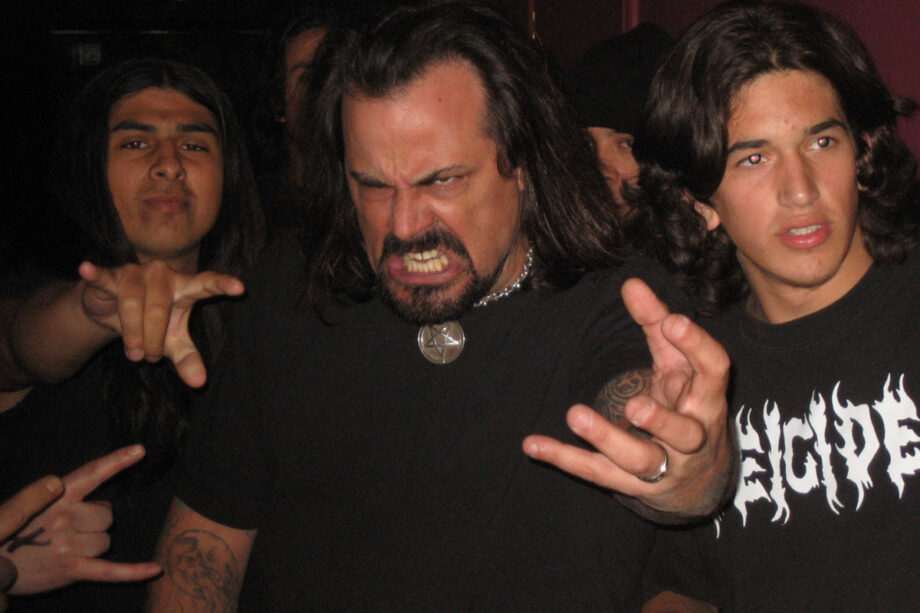Glen Benton is the lead singer and bassist of the death metal band Deicide. Many see him as a symbol of rebellion in metal, others think he goes too far. Here’s why Benton is a highly controversial name in the metal music scene.
Glen Benton is Rebellious in Nature
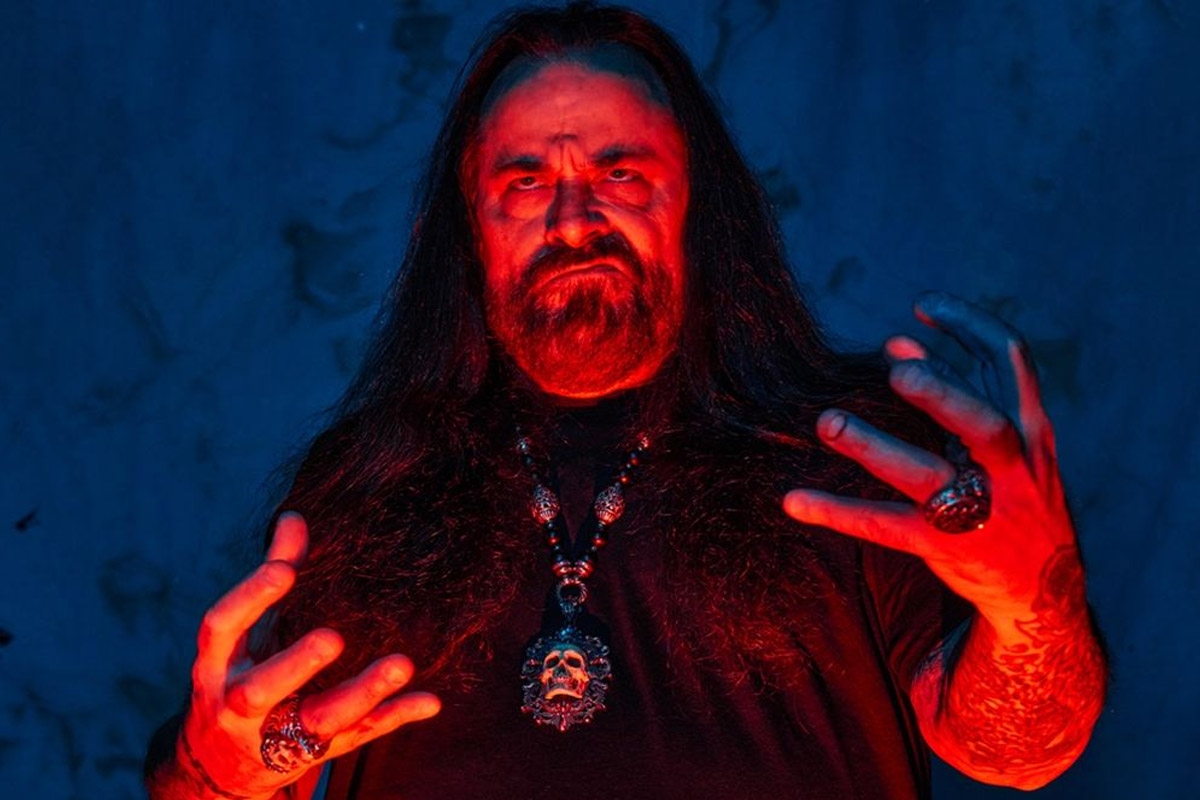
As revealed in a recent Louder Sound interview, the Deicide frontman’s rebellious nature is his identity, not a calculated image.
The seeds of Benton’s controversial persona took root early in his life. “I was always referred to as ‘the evil little bastard’ in my family,” he reflects. This early reputation shaped his future. “I just fell into it, and it’s the persona I’ve had ever since I was a little kid, through school and through everything else. I don’t even really know why, but do I get off on raising eyebrows and ruffling feathers? F*ck yeah, I do! Fifty-six years old and I still love getting a reaction out of folks. Most kids rebel, and I wanted to fight the powers.”
Benton Branded An Invented Cross Into His Forehead
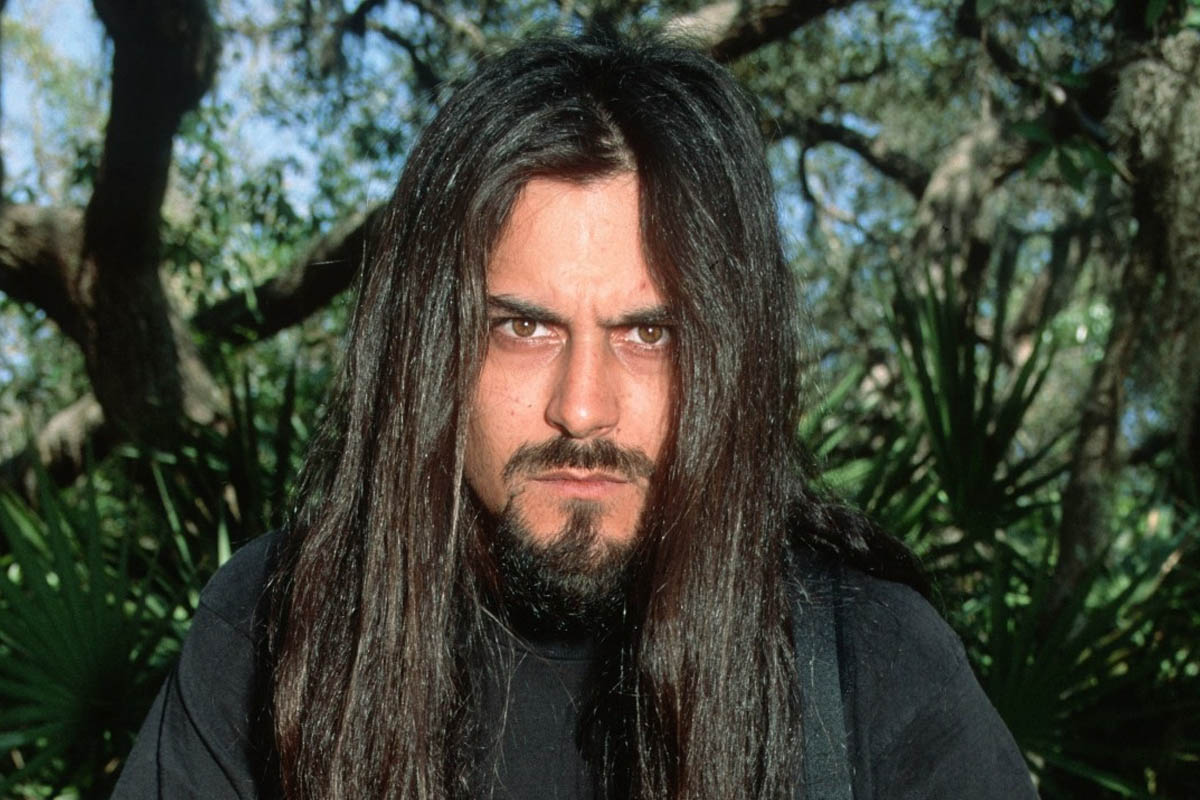
The most visible symbol of Benton’s controversy is his decision to brand an inverted cross into his forehead at age 22. This had a personal meaning beyond shock value. “The spirit moved me, man!” he explains. He describes it as a symbolic rejection of his Catholic upbringing.
He continued doing this 12 times, and at one point, saw his veins and skull. Benton then felt the need to stop after his mother begged him. “To this day, I don’t know what the f*ck I was thinking, but I knew that I had been christened Catholic as a child, and I felt that the best way to take care of that would be my symbolic way of taking that Catholic mark off of my skin,” he says.
Benton Shot a Squirell During Live Interview
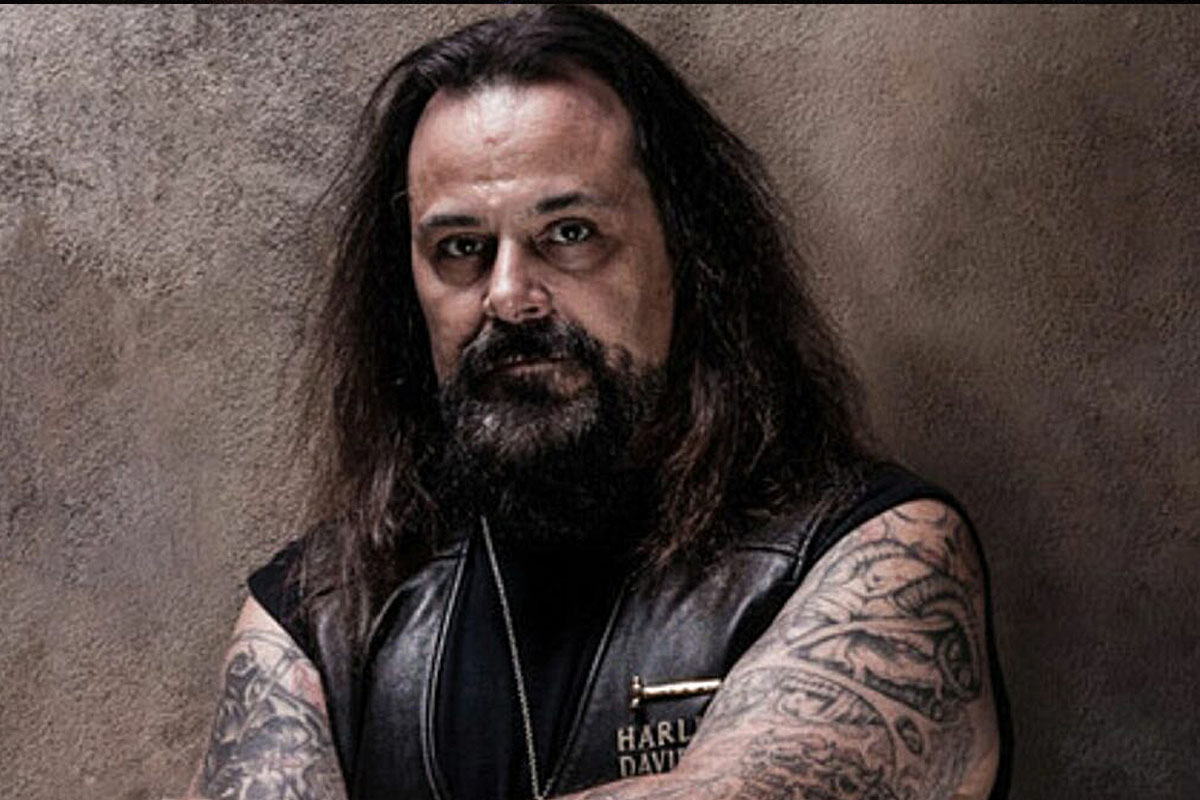
The mid-’90s squirrel-shooting incident shook the British press.
Here’s how Benton recalls the incident: “Cause I had an infestation on my house, squirrels were in my attic and they were chewing all the wares and destroying everything in the attic of my house upstairs and on the roof you know, so I’ve been trying to k*ll them and poison them. I couldn’t get them all, there were a couple of them still alive, two squirrels I couldn’t get, so I was sitting outside doing an interview one day when a squirrel came by the house and I shot him so that’s how all that started.”
This act led to a bomb attack on Benton during Deicide’s Legion tour in Manchester, England. According to Louder Sound, the 1992 Stockholm bombing incident was a crucial moment in Deicide’s career. Animal rights activists targeted the venue after Benton’s controversial NME interview. Deicide’s drummer Steve Asheim provides context: “When I was 25 and people were threatening to bomb our shows and stuff, we could laugh it off.”
Fans still talk about another controversy: Benton’s prediction of his own death at age 33. As Asheim says, “That’s something else that still comes back to bite him. People still ask Glen, ‘Dude, you’re still alive, man — I thought you were going to kill yourself at 33?’ Well, sorry to disappoint you all…”
He is Still a Rebel
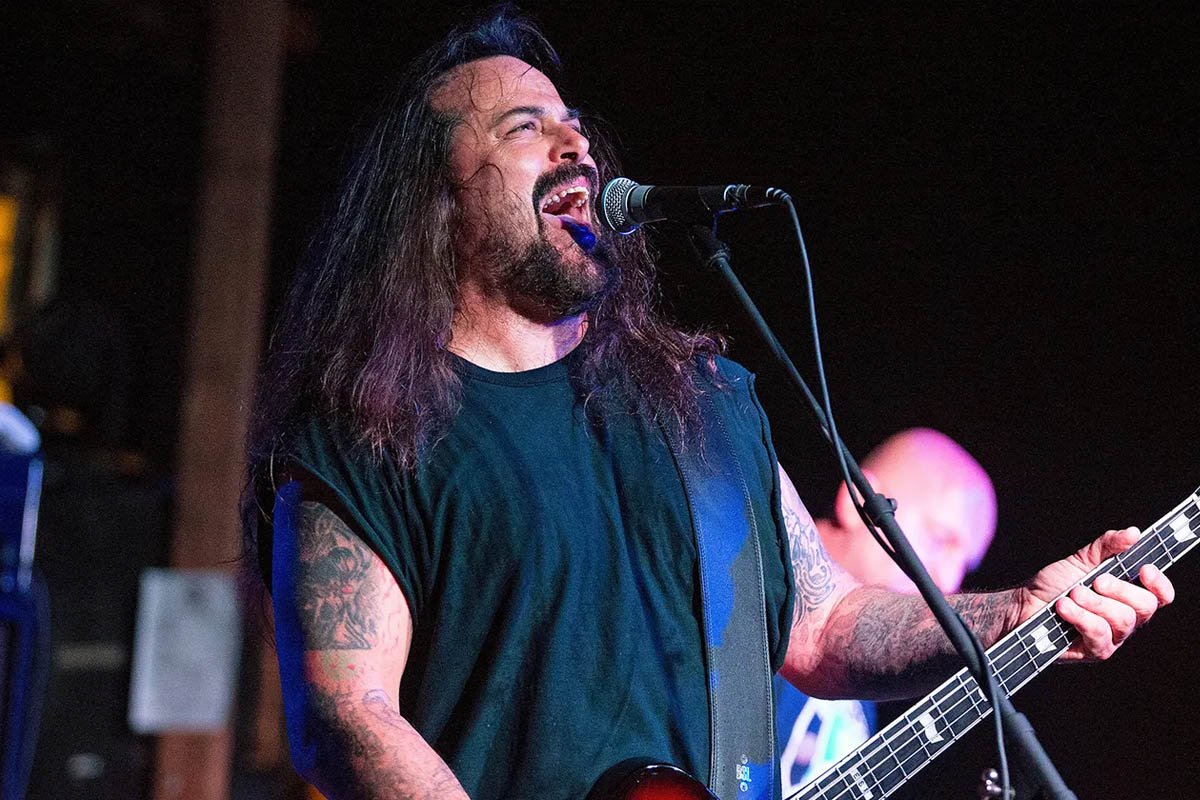
At 57, Benton still has his provocative spirit. “Now that my two sons are both grown and off in the world, I find myself back to being that guy again,” he reflects. His role as a father temporarily tempered his controversial nature. His drive still remains inside him, though: “Do I get off on raising eyebrows and ruffling feathers? F*ck yeah, I do!”
Reports from Loudwire show how Benton’s controversies continue relentlesssly. His homophobic comments about Slipknot’s Corey Taylor in 2018 proves that he still loves making headlines.


